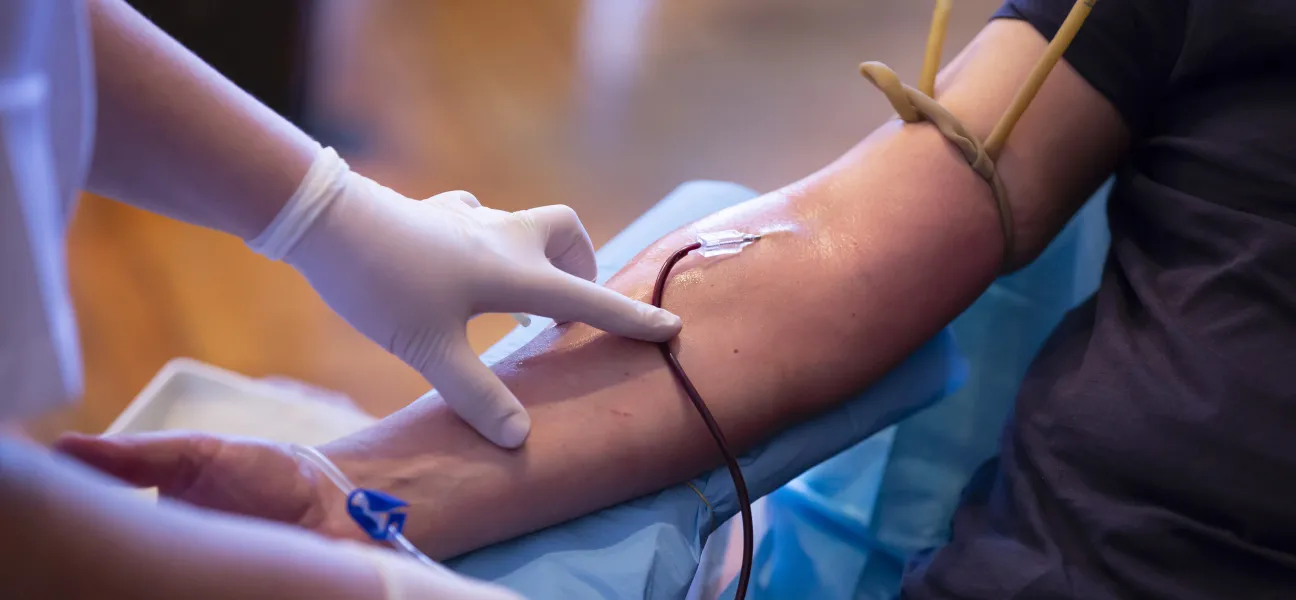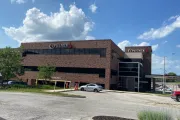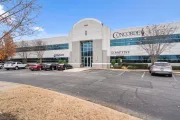Now Enrolling
What Does a Phlebotomist Do
The primary function of the Phlebotomy Tech is to collect blood samples from patients via venipuncture or capillary puncture. The Phlebotomy Tech facilitates the collection and transportation of laboratory specimens and is often the patient’s only contact with the medical lab.
Phlebotomy Program Options
Concorde offers two paths to becoming a certified Phlebotomy Technician: a diploma program designed for entry level employment in a variety of settings, including hospitals, laboratories, blood centers, or other health care facilities. And a Continuing Education - Certification Exam Prep course for health care professionals wishing to sit for certification exam.
Phlebotomist Certification Exam Prep
Graduates of the Phlebotomy Diploma program or the Continuing Education Certification Exam Prep course may choose to sit for national certification exams given through the American Medical Certification Association (AMCA) and the National Healthcareer Association (NHA). Concorde will cover the first attempt exam fee for graduates interested in sitting for the AMCA exam.
**Source: U.S. Bureau of Labor Statistics projected national growth in job openings for phlebotomists 2024-2034 https://www.bls.gov/ooh/healthcare/phlebotomists.htm Projections are national. Local job market demand may vary.
Externships are a non-paid in-person learning experience, who's length and location may be subject to change. Concorde does not guarantee externship placement, graduation, post-externship employment or salary outcomes.
Get Started
Campuses
Colorado
Florida
Missouri
Mississippi
Oregon
Tennessee
Texas
Curriculum
Phlebotomy Training Options
Concorde offers two approaches to pursuing your phlebotomist certification. An 8 week diploma program for students new to the health care field and a continuing education option for currently employed health care professionals who want to earn their professional certification.
Take your career another step further. Graduates of the phlebotomy diploma program may apply their paid tuition toward the medical assistant diploma program tuition.
Phlebotomy Certification Preparation
Upon completion of the diploma program or continuing education course, you will sit for national phlebotomy certification exams given through the American Medical Certification Association (AMCA) and the National Healthcareer Association (NHA). Concorde will cover the first attempt exam fee for graduates interested in sitting for the AMCA exam.
NOTE: To be admitted into the Phlebotomy Continuing Education Certification Prep course, prospective students must provide documentation that they have completed a minimum of 50 successful venipunctures and 10 successful capillary punctures from human sources. No other entrance examinations/documentation is required.
Phlebotomy Diploma Program
Designed to prepare students for entry level employment in a variety of settings, including hospitals, laboratories, blood centers, or other health care facilities.
Contact Hours: 128
Semester Credits: 5.5
(6.5 for Memphis Campus)
Career Outlook
Demand for Phlebotomists
A career as a phlebotomist can provide a good entry into the health care field. As a phlebotomist you will interact with a variety of patients and health care professionals. Duties performed by a Phlebotomy Tech differ according to the medical setting, but typical duties may include:
- Draw blood from patients or donors
- Assemble equipment (such as needles, blood collection devices, gauze, tourniquet, cotton, and alcohol)
- Verify or record identity of patient or donor
- Converse with patients to alleviate fear of procedure
- Apply tourniquet to arm, locate vein, swab area with disinfectant, and insert needle into vein to draw blood into collection tube
- Label and store blood container for processing
- Conduct interviews, take vital signs and test blood samples to screen donors at a blood bank
- Analyze information and make appropriate recommendations
Financial Aid
The diploma and continuing education certificate are not eligible for Federal Financial Aid Funding also known as Title IV funding.
Graduates of the diploma program, wishing to enroll into the full Medical Assisting diploma program will receive a tuition discount in the amount paid for the phlebotomy diploma program.

Financial Aid
Get financial support for your education with our dedicated financial aid team by your side.
Review Your Options
Scholarships
Find the perfect scholarship for your health care goals based on your background, programs or other criteria.
Search Scholarships












